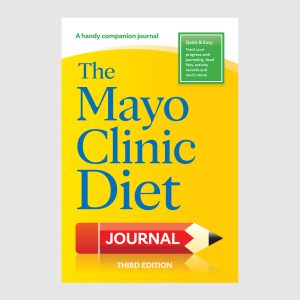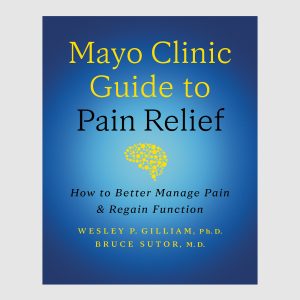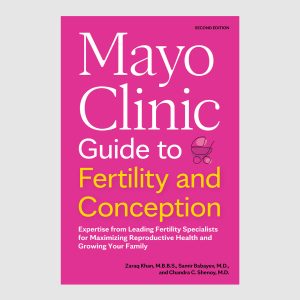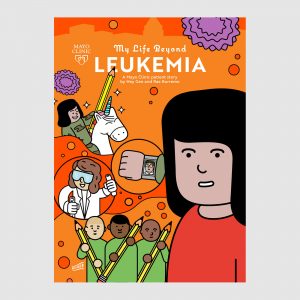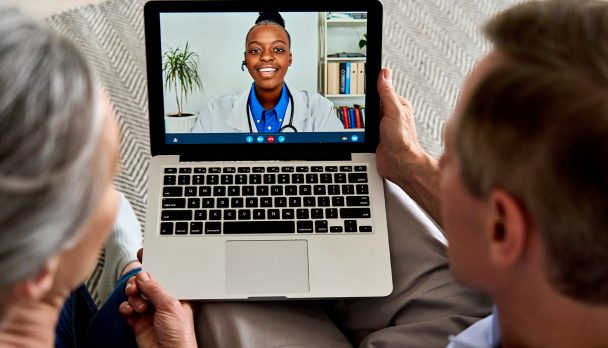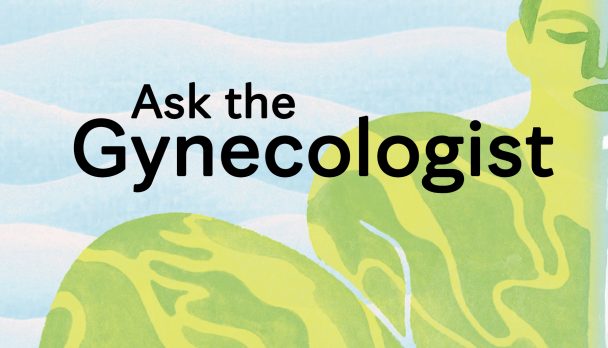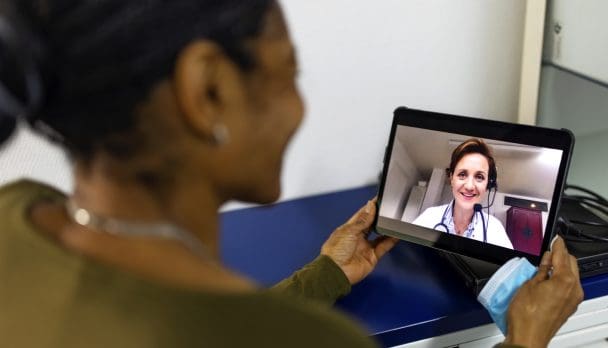
Do you ever feel like medical information is in another language? Maybe your health care provider uses hard-to-understand terms. Or the fine print on your medication is so complicated you have trouble following it.
You’re not alone. Nearly 9 out of 10 people have trouble understanding and using health information. In other words, most people have low health literacy.
Health literacy is the ability to find and understand information about your health so you can make well-informed decisions. Examples include:
- Understanding and following your health care provider’s instructions.
- Being able to measure or count your medications.
- Filling out health care forms correctly.
- Finding accurate health information online.
- Reading and understanding medical research.
Typical challenges with health information
Anyone can get confused when it comes to medical information — and for many reasons.
It’s easy to get lost in medical terminology and jargon, especially if English isn’t your first language. Rampant medical misinformation online also can add to confusion. And even someone with generally high health literacy may struggle to comprehend health information in a stressful situation — like being diagnosed with cancer and learning about different treatment options.
Making informed choices
Your ability to effectively use health information depends on many things. Difficulty reading, language barriers and stress can all make it hard to understand what your provider wants you to know. Your income, education level and access to medical care also can affect your ability to make well-informed health decisions.
But being able to understand and apply medical information is an important part of taking care of your health. High health literacy can decrease medication errors. It can reduce unnecessary trips to the ER and stays in the hospital.
People who are comfortable finding and using health information know how to prevent illness and manage chronic conditions. And they’re more likely to make healthy choices, like monitoring their blood pressure, following a healthy diet and getting vaccines.
Become a more empowered patient
No matter what your level of health literacy is, you have the right to understand and use information about your health. The best place to get the information you need is in your provider’s office. Here’s how to make the most of each appointment.
Ask questions. It’s your provider’s responsibility to give you information clearly and in a way you can understand it. But that doesn’t always happen. Don’t be afraid to speak up. Here are some things you might say if you feel confused:
- “I need help understanding this. Could you draw a picture?”
- “Could you speak more slowly?”
- “I’m going to say what I think you mean. Please tell me if I’m understanding correctly.”
- “Why is this medication being prescribed? How exactly do I take it?”
- “Can you write down some trusted websites where I can learn more about my condition?”
Find strength in pairs. Bring a family member or friend to your appointment or accompany someone who may need help. A second person can take notes and think of questions. If your first language isn’t what the provider speaks, bringing a translator also may be useful.
Ask for other resources. If you want to learn more, your provider can give you pamphlets or trusted websites to visit.
Some hospitals have services for specific groups to help improve health literacy. For example, SomaliCARES is a prenatal care group for Somali women at Mayo Clinic in Rochester, Minnesota.
Your health is a priority for your entire care team. Your provider wants you to leave your appointments feeling confident about how to take care of yourself. Always speak up if there’s something you don’t understand.
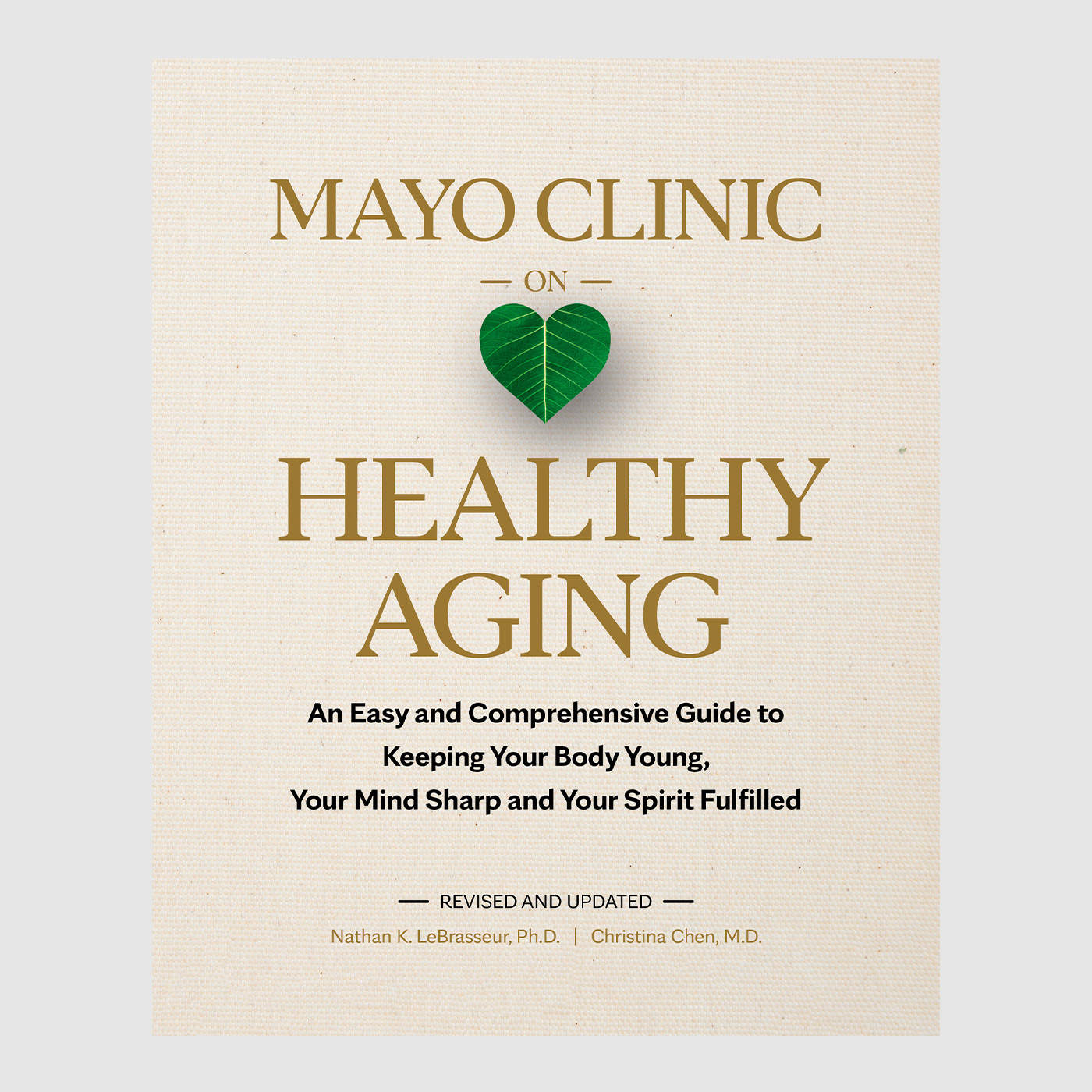
Relevant reading
Mayo Clinic on Healthy Aging
An easy-to-understand yet comprehensive guide to help people live longer and more purposeful lives.
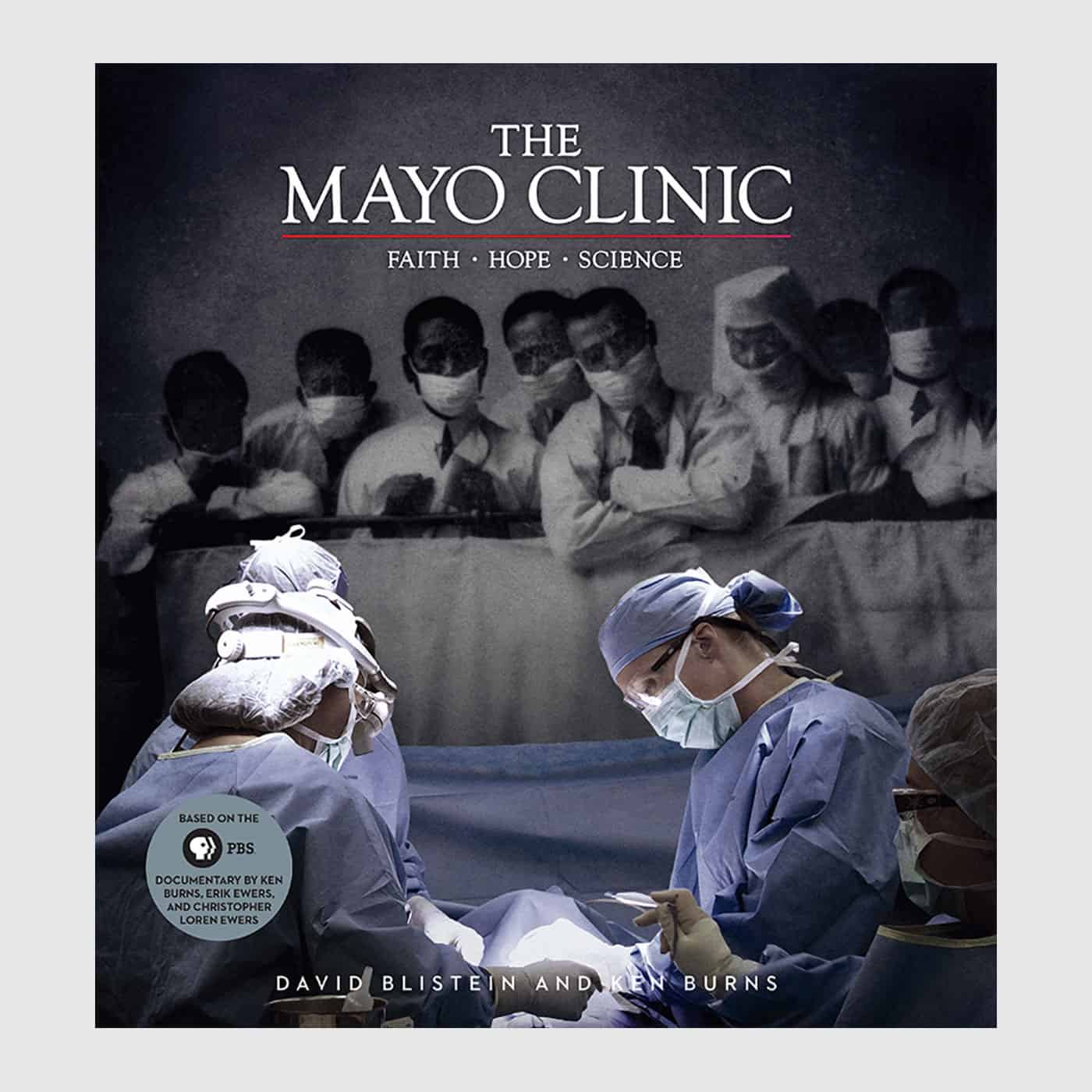
Relevant reading
The Mayo Clinic: Faith – Hope – Science
The Mayo Clinic: Faith – Hope – Science is the companion book to the two-hour PBS documentary of the same title. This book features interviews with patients including John McCain and the Dalai Lama and tells the story of William Worrall Mayo, an English immigrant who began practicing medicine with…










